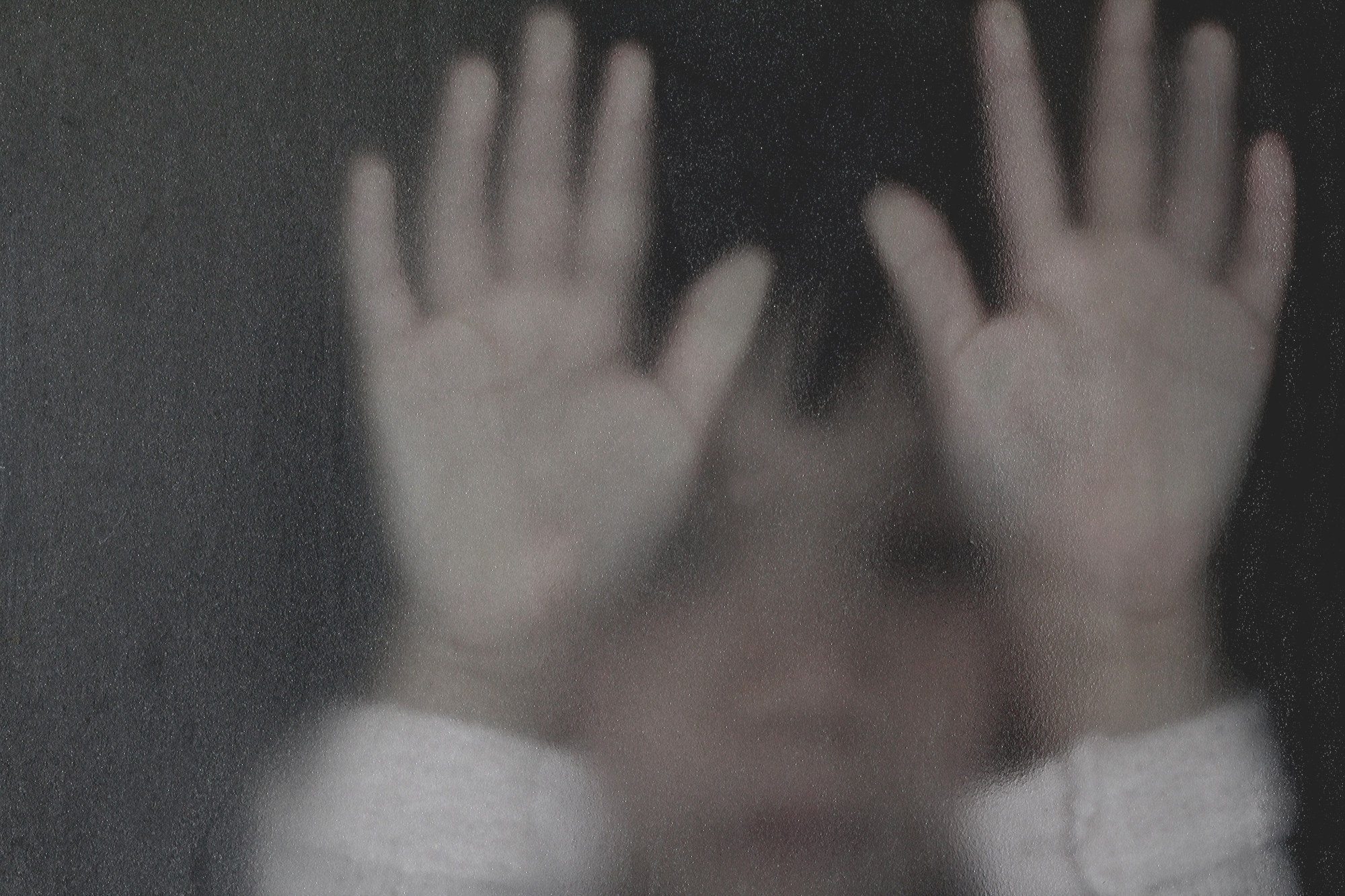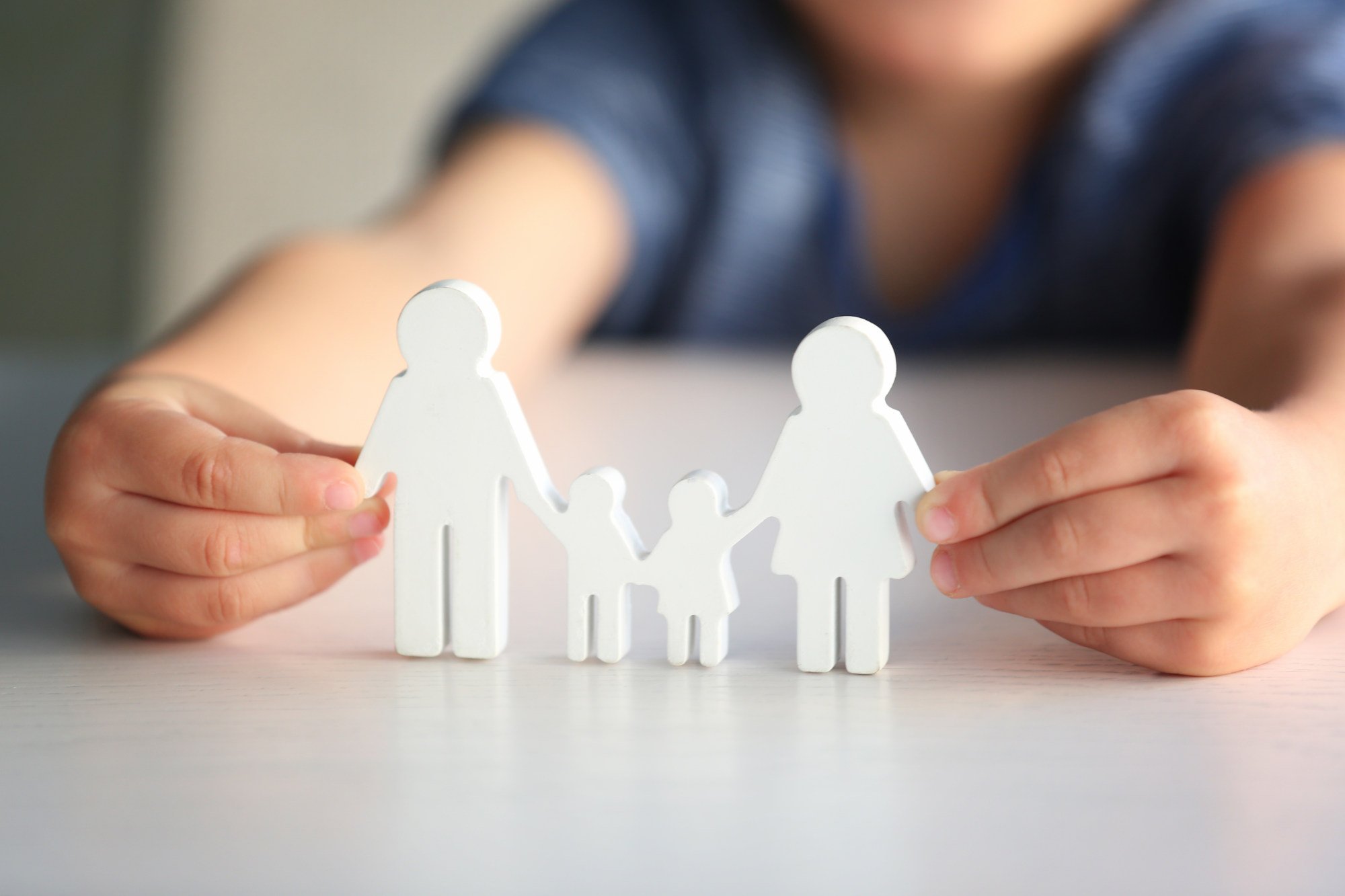
Philippines sounds alarm over ‘worrisome’ rise in sale of children ads online amid exploitation fears
- The country’s social welfare agency has found Facebook pages involved in the sale of children, with some being peddled by their parents themselves
- Unauthorised adoptions could lead to sexual exploitation of children, activists say, urging stronger law enforcement and public awareness campaigns
“While the ‘buyers’ are often childless couples who may want to start a family and [are] frustrated with the adoption policies, children are also subject to being sexually exploited by syndicates who groom children for paedophiles,” Amihan Abueva, regional executive director of Child Rights Coalition Asia and the co-founder of anti-child trafficking organisation ECPAT, told This Week in Asia.
The Philippines’ Department of Social Welfare and Development (DSWD) disclosed the “worrisome trend” earlier this month, saying that it had found a number of Facebook pages filled with advertisements of children for sale in the country, with some being peddled by their parents themselves.
The agency, through its sub-department, the National Authority for Child Care (NACC), has been tracking about two dozen Facebook accounts involved in the sale of children since last year and turned over their findings to the Philippine National Police to apprehend the perpetrators.
One case involved an eight-day-old baby who was intercepted in an undercover entrapment operation by police, where the infant’s mother attempted to sell off the child for 50,000 Philippine pesos (US$859). She enlisted the help of an agent, whose asking price was 90,000 pesos.
“This trend is worrisome because one, it’s becoming more commonplace. Two, this is a cruel form of child exploitation and human trafficking,” DSWD secretary Rex Gatchalian said at a press briefing on May 20.

According to Gatchalian, unauthorised adoptions or child laundering are covered under the Expanded Anti-Trafficking in Persons Act, which was last amended in 2022.
“Any form of adoption being conducted outside the National Authority for Child Care guidelines and rules is considered a form of human trafficking and child laundering. And this is also clearly a violation of the exploitation laws against children,” Gatchalian said.
“Children should not be treated as commodities. [Even if] you’re innocently letting your child be adopted, any type of conduct of adoption outside the supervision or outside the guidelines of the NACC is a crime.”
Authorities stressed that the laws on adoption and alternative child care had made the legal adoption process simpler, and more straightforward.
“Previously, when the process would go through the courts, it would take five to 10 years to finalise an adoption. Now, the process just takes six to nine months with complete requirements,” DSWD Undersecretary Janella Estrada said.
Authorities have charged the mother and agent with violating the law, while the child is now under the care of an orphanage run by Catholic nuns.

“These pages have thousands of followers, and they are all set to private, they really check whether those trying to join their groups are legit … even when the child is still in the womb, they’re already looking for agents to sell off the child,” he said.
Around 25 million Filipinos were categorised as poor in the first half of 2023, according to the Philippine Statistics Authority. According to Abueva, most poor Filipino families come from large households, usually with five or more members. These are correlated to incidents of children being trafficked by their own family members.
Nearly 500,000 Filipino children were trafficked into sexual exploitation for profit in 2022, according to the International Justice Mission, with nearly 250,000 adults behind these trafficking schemes.
According to Abueva, dysfunctional family dynamics, irresponsible sexual behaviour among adults, and a lack of education can drive parents to have their children adopted by selling them.

Aside from law enforcement, a massive information campaign was also important to prevent child exploitation, Abueva said.
“It is our collective responsibility to ensure that children end up in safe homes,” she said.
“We also urge tech companies, experts, and other members of the ICT [information and communications technology] sector to develop and implement effective ways to not only detect but prevent illegal child adoption and child trafficking online.
“We shouldn’t just act only when there are reports because new pages and new groups will just keep popping up – looking for others to meet up and transact,” she said.
Gatchalian hoped the incident would serve as a wake-up call for the social media platform, adding that “the unregulated freedom on Facebook should come with responsibilities”.
“Obviously there are acts that are clearly wrong. The problem with some people is because they think it’s unregulated, they can just get away with anything,” he said.
Gatchalian called on the public to report any posts concerning children being sold on social media.
“Social media is a powerful tool if put to good use. Our call to the public is to help us and report if you see anything. But at the same time we will continue engaging Facebook so that they can regulate to some degree the utilisation of their platform,” he said.

